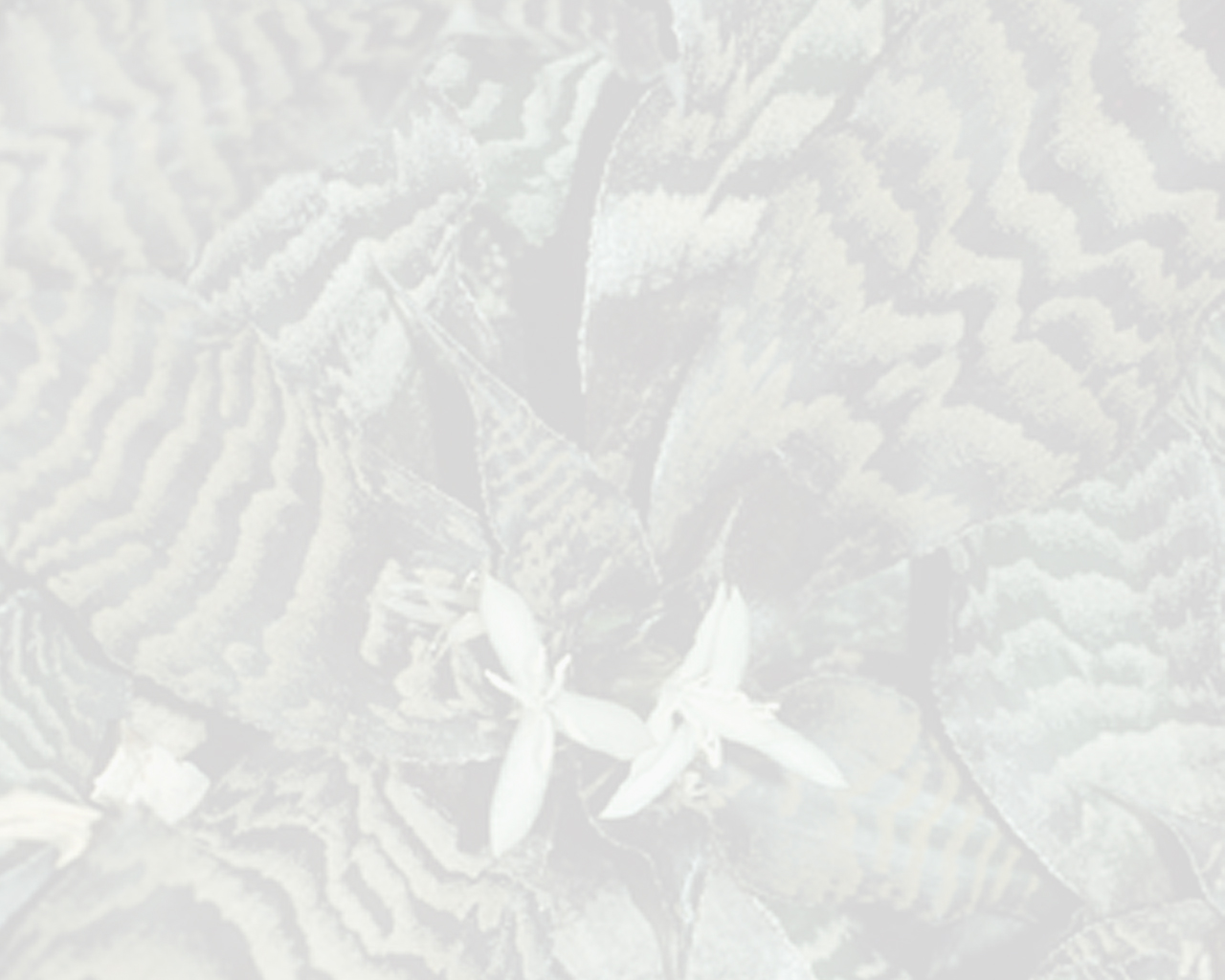

Torres et al. 2024 (Article) Dyckia, Brazil
Plant Reproductive Success Mediated by Nectar Offered to Pollinators and Defensive Ants in Terrestrial Bromeliaceae
Author(s):—C. Torres, M.P. Mazzei, J.L. Vesprini & L. Galetto
Publication:—Plants 13(4): 1-10 online. (2024) — DOI
Abstract:—Most plants produce floral nectar to attract pollinators that impact pollination and seed production; some of them also secrete extrafloral nectar harvested by insects that may influence the plant reproductive success. The aim of this study was to analyze the effects of excluding pollinators and/or ants on the per-plant reproductive success in two species (Dyckia floribunda Griseb. and Dyckia longipetala Baker, Bromeliaceae) that produce floral and extrafloral nectar. The hypothesis states that both ecological processes (pollination and ant defense) involving nectar-mediated animal?plant interactions are beneficial for plant reproductive success. We expected the highest decrease in the plant fruit and seed sets when the pollinators and ants were excluded, and a moderate decrease when solely ants were excluded, compared to the control plants (those exposed to pollinators and ants). In addition, a lower natural reproductive success was also expected in the self-incompatible D. longipetala than in the self-compatible D. floribunda, as the former totally depends on animal pollination for seed production. D. floribunda and D. longipetala presented similar trends in the response variables, and the expected results for the experimental treatments were observed, with some variations between species and among populations. The ecological function of nectar is important because these two plant species depend on pollinators to produce seeds and on ants to defend flowers from the endophytic larvae of Lepidoptera. The study of multispecies interactions through mechanistic experiments could be necessary to clarify the specific effects of different animals on plant reproductive success.
Keywords:—ant-excluded plants, compatibility system, Dyckia, floral nectar, extrafloral nectar, fruit set, seed set, animal?plant mutualisms